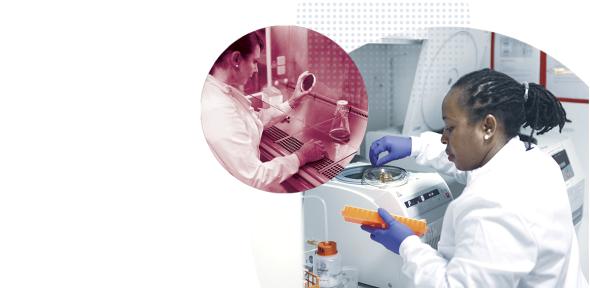
Submitted by Maria Bargues-Ribera on Wed, 01/06/2022 - 10:00
A new Oxbridge PhD programme:
The Ineos Oxford Institute for Antimicrobial Research (IOI) has this week launched a new doctoral initiative with the University of Oxford and University of Cambridge, to train the next generation of cutting-edge antimicrobial resistance researchers.
The successful candidates will be fully funded for three and a half years, and whilst registered at either Oxford or Cambridge will have the opportunity to work on collaborative projects that span both universities, on opportunities such as using cutting-edge biophysics to combat drug resistance in different microbes and new genetic technologies to support the discovery of new drugs.
|
The AMR challenge Antimicrobial resistance – when microbes, such as bacteria and viruses, outwit our medicines and cause untreatable infections – is already a huge and growing health problem around the world. Recent data published in The Lancet suggests that there may have already been nearly 5 million global deaths related to drug-resistant infections in 2019. The World Health Organisation (WHO) estimates that by 2050, this figure will increase to 10 million, overtaking the number of cancer related deaths; making antimicrobial resistance one of the most pressing health problems faced by humanity today. |
Professor Chris Schofield, Head of Chemistry at the Ineos Oxford Institute, said, "This new doctoral initiative represents an exciting step towards training the brightest talent to help combat antimicrobial resistance. The first doctoral initiative of its kind in the field, it shows the commitment of both of these leading universities to collaborate on tackling one of the world’s most urgent medical problems."
Professor James Wood OBE FRCVS, co-Chair of Cambridge Infectious Diseases (CID) and Head of the Department of Veterinary Medicine at the University of Cambridge, said, "Antimicrobial resistance is a complex global health problem, and to tackle it successfully we need to develop strong links across a diverse research community. We hope that this new initiative, which brings together the expertise of two leading research institutions across a range of AMR-related projects – from chemistry to human and veterinary medicine – will help train the next generation of scientists with the knowledge, experience and skills for interdisciplinary research needed to tackle antimicrobial resistance."
David Sweetnam, Chair of the Ineos Oxford Institute board, said, "I am very proud to support the ongoing success of the Ineos Oxford Institute, and its work partnering with some of the world’s leading academic institutions to train leaders of the future. The original work to scale penicillin into the first viable antibiotic came about due to unprecedented levels of collaboration between academia, industry and government – and we passionately believe that such collaboration is again necessary to turn the tide on antimicrobial resistance."
About the Ineos Oxford Institute (IOI):
The Ineos Oxford Institute (IOI) was founded at the University of Oxford in 2021 to combat this pressing global challenge – bringing together world-class talent together to develop innovative solutions to slow and reverse the spread of drug-resistant infections.
Based at the Sir William Dunn School of Pathology, where penicillin was first developed into a viable drug, the IOI is working with the University of Oxford and the University of Cambridge to harness their combined expertise as globally recognised centres of excellence for health science research by funding six new doctoral (PhD or DPhil) places in leading antimicrobial research teams.
The shared vision of the IOI, the funder INEOS and both universities is to nurture a new generation of outstanding scientific champions that will be equipped to tackle the global challenge of drug-resistant infections.
|
How to apply? Applicants are invited to go to the IOI website: https://www.ineosoxford.ox.ac.uk/amr-doctoral-initiative to find out more about the projects and how to apply, with a deadline of 30 June 2022 for applying for a place for October 2022. |
Text adapted from a press release from the Ineos Oxford Institute for Antimicrobial Research (IOI), the University of Oxford and University of Cambridge.

